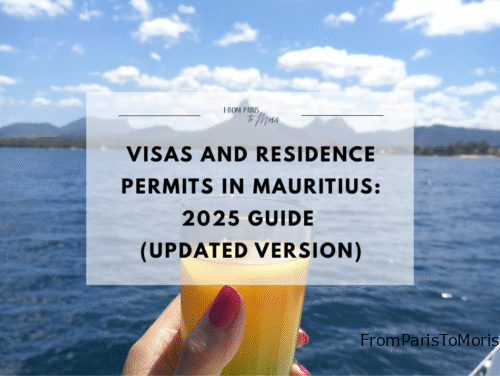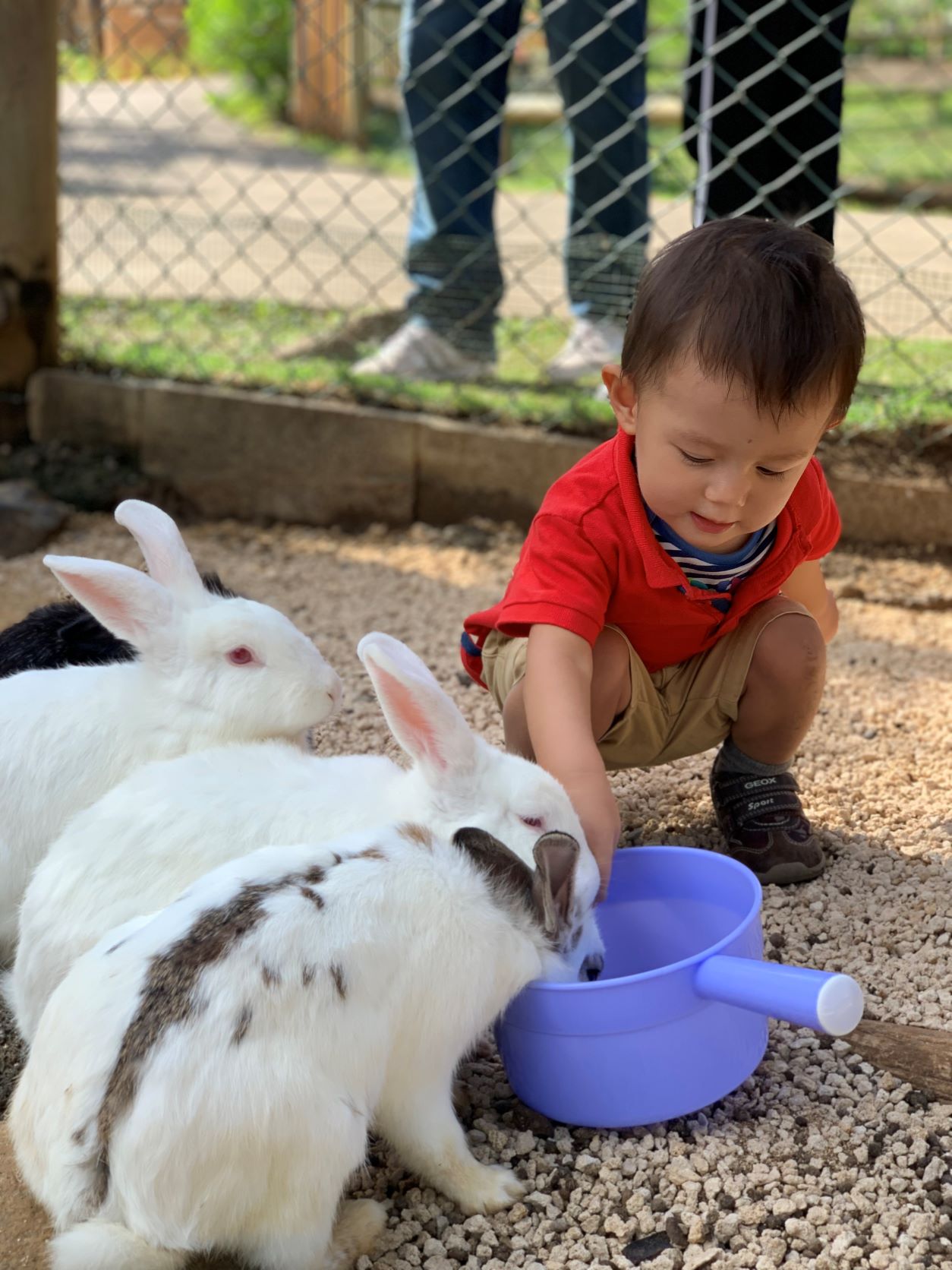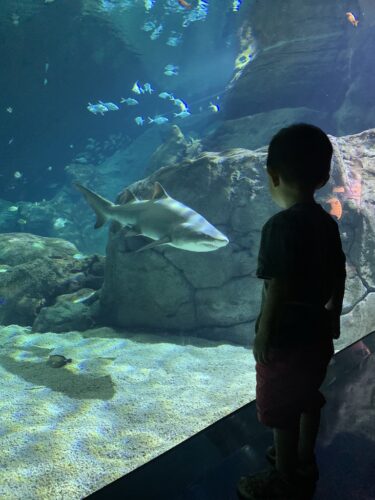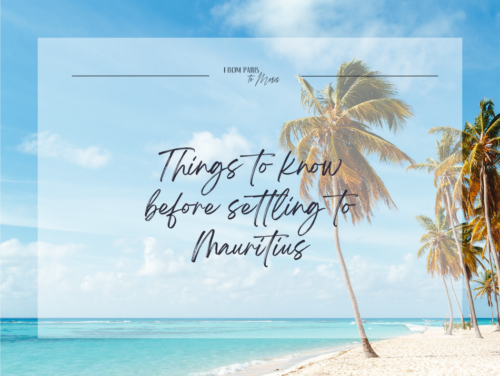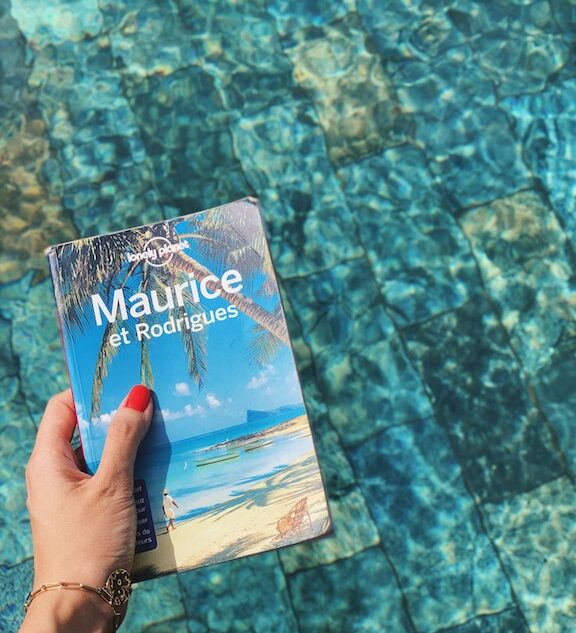Mauritius: our first impressions
It’s true, the beaches are just like on the postcards: the sea is turquoise blue, the weather is beautiful and warm, very warm.
Almost everyone speaks French, much to my astonishment.
The country is less modern than in Europe, less advanced in terms of technology, ecology, e-commerce, waste management and so on. It’s an opportunity to finally try out the concept of “slow-life”, taking the time to live. The kindness of Mauritians is no myth, and I can see it every day.
There’s also the other side of the coin that you don’t see on the postcard:
- pollution: litter all over the island and clouds of black smoke spewed out by vehicles such as buses,
- the many stray dogs, which in reality are not vicious,
- a fairly high cost of living (on imported products),
- school fees and health costs to be factored into the budget.
We also discover the local gastronomy with its boiled mines, fried rice, chillies and other gadjacks (salty snacks)
The Mauritian administration is not so different from that of France, and you need to be patient, especially when it comes to obtaining your residence or work permit.
We soon meet expatriates like us and little by little we’ve formed a circle of friends with whom we exchange tips and good plans.
→ I refer you to my article on things to know before moving here
Daily life in Mauritius
Mauritians love shopping malls, and they spring up all over the island. You’ll find familiar names from our former lives: Decathlon, Super U, Mango, la Foir’ Fouille, Gifi, to name but a few. We miss Amazon Prime, Ikea and supermarket “drive” formulas, but we’re getting used to it.
Rents vary from place to place, but have risen sharply since the end of Covid and the arrival of a large number of French and Belgian expatriates, as well as South Africans and Russians.
In terms of transport, it’s very difficult not to have a car. Without a driver’s license, things will be much more complicated. And don’t forget, we drive on the left-hand side of the road, a legacy of the British occupation. But don’t worry, you’ll soon get the hang of it, especially with an automatic. On the other hand, no Uber here, so you’ll need to have a few cab contacts in your repertoire.
→ My article on driving in Mauritius
When it comes to food, you’ll be able to find almost all the products you had in metropolitan France, at a different price perhaps. We like to swap apricots, cherries and peaches for bananas, papayas and pineapples (and lychees for Christmas). Beware of pesticides: there’s no such thing as “organic”, but rather “reasoned agriculture”.
